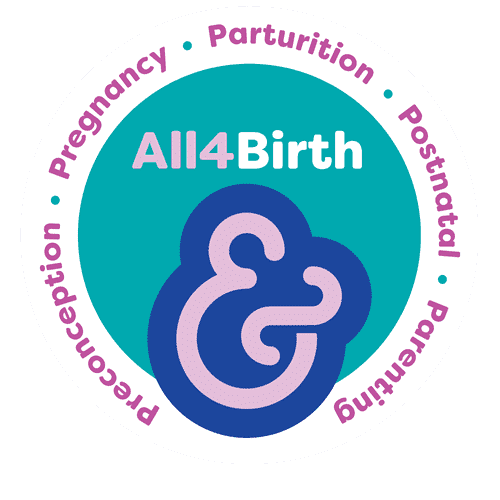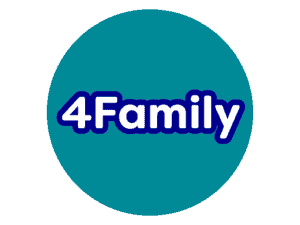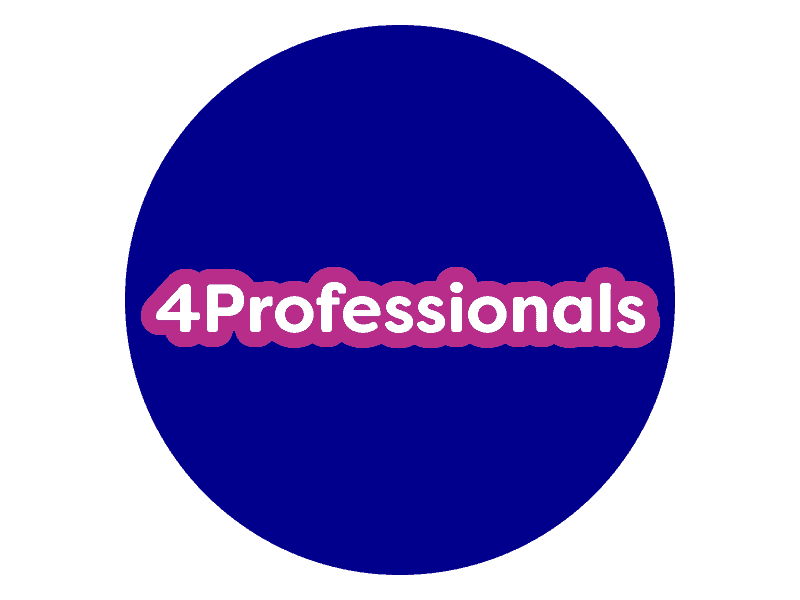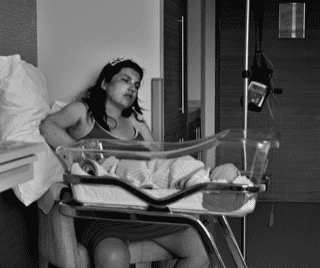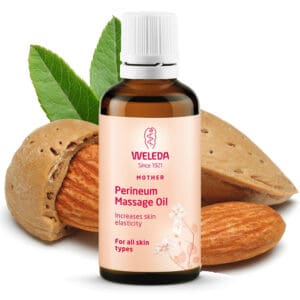Experiencing a fourth degree tear
Instagram @oasi_mum
I was looking forward to the birth of my second child and did not expect the birth to take a major turn which would lead to me having life long problems. I wasn’t uneducated. I knew I was high risk, having had a caesarean section with my first child 4 years previously. However, this time I wanted things to be different. I hoped for a vaginal birth and a quick discharge so we could start life as a family of four and be wrapped up in that wonderful newborn bubble.
As a midwife myself I didn’t think this would happen to me and wish every day that things had been different and had been done differently. If my labour had played out differently, I wouldn’t be left with these lifelong complications. My birth was not straight forward like I had hoped. I didn’t get that quick discharge. I unfortunately experienced an obstetric anal sphincter injury (OASI), a 4th degree tear to be precise, following a forceps delivery. I didn’t have an episiotomy performed. As a woman having a first vaginal birth with forceps this should have been done. I have damage to my internal sphincter between 10 and 2 o’clock. A whole quarter of my sphincter not joined together leaving it pretty much useless. My external sphincter is heavily damaged and lacking good function. I have bowel incontinence and urgency that can mean I have seconds to get to the toilet before I have an accident. I have very little control over wind which can obviously be very embarrassing at times. I suffer from significant flashbacks relating to my birth. My mental health has not been fantastic. I feel anxious all of the time. I am a shell of the person I was before. I don’t enjoy what I used to enjoy. Having to plan where the nearest toilet is before going out is time consuming and means we can not be spontaneous anymore. Everything we do as a family takes careful planning. My children have certainly missed out on activities because I haven’t dared leave the house due to the fear of having an accident or not knowing where the toilets are.
I now have regular percutaneous tibial nerve stimulation (PTNS) sessions to try and manage my urgency symptoms. This works to some degree but will never “cure” me. I have been having these sessions for many years but the early days of treatment were tough. Once a week for twelve weeks, each session lasting for 30 minutes. Then comes the use of suppositories to empty my bowel on days we do go out followed by bowel irrigation with water to ensure my bowel is completely empty so there are no accidents or urges during the day. It’s completely and utterly draining.
I have had to change how I work now because my bowel symptoms can quite often be difficult to manage even with plenty of planning. Initially I worked on a busy maternity unit doing various shifts, however I found the days much harder to manage and found I was having more bowel leakage, urgency and becoming very sore from the never-ending toilet trips. I then transitioned onto permanent nights as I could do as much bowel prep as I needed during the day which meant I had more control over night. However, this too became harder and harder to manage. If I had the urge to go, I had to go. Covid had stopped all my treatment so I was back to square one again. I told a close group of colleagues about my delivery and problems I had, so they were aware of the issues. They covered for me if I had to rush off to the toilet whilst I cared for someone in labour. They kept me in midwifery. Without their support and kindness and friendship I would have left midwifery completely which would have been devastating.
I love being a midwife, however this experience has made me realise that some obstetricians and midwives really do not understand the effects these severe tears have on women. We do not understand the effect they have on women’s mental health and we certainly do not understand that these will lead to lifelong complications, which I have been told will only get worse as I get older.
Women also need to be educated on these types of tears so they are aware of the risks and what they can do to try and prevent an OASI. We need to stop thinking of tearing and the problems associated with them as a taboo subject. Lets talk about them, lets share our stories and most of all lets support women and give them the care they need. Stop saying “well at least the baby is okay”. What about the mum. She matters too. Stop dismissing how she is feeling and what she is going through. As devastating as my injury was and what I am still going through, it has changed me as a midwife and for that I am grateful.
Scroll to end to find the related article…
